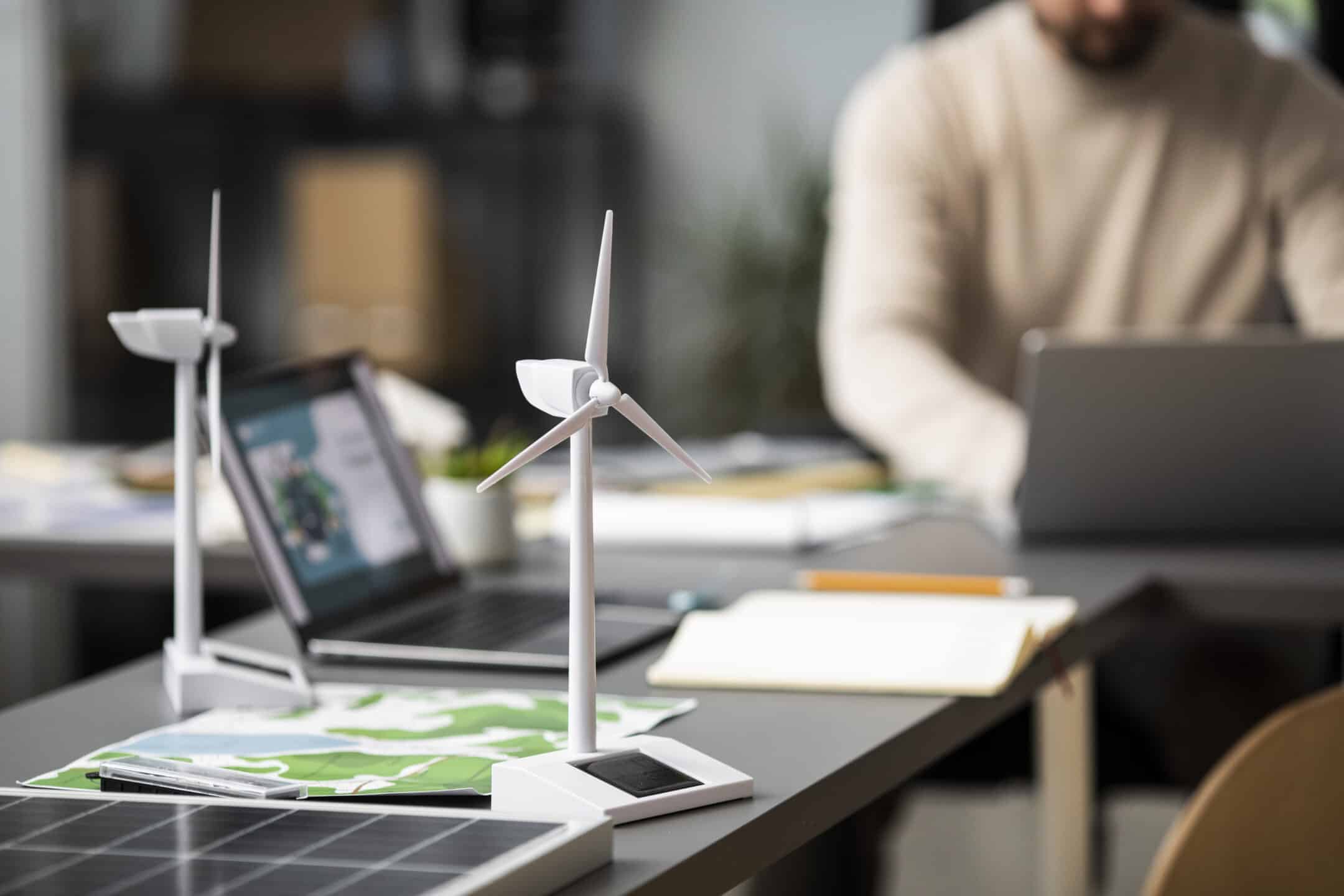Everything you need to know about Energy-as-a-Service (EaaS)
Energy-as-a-Service (EaaS) has come to the forefront of the energy landscape, but with providers offering many different versions of this innovative business model, it can be easy to get confused. In this article, our CEO Stephan Marty gives us an overview of what EaaS is and why an increasing number of businesses are choosing it for their energy and sustainability projects.
What is Energy-as-a-Service?
Put simply, Energy-as-a-Service (EaaS) is a financial arrangement. A provider, such as Wattstor, provides renewable energy assets for a specific site, offering payback terms over a number of years in the form of an electricity supply contract, like Price Protect, alongside value-adding services such as asset maintenance.
At the end of the contract, the site owner or business owns the assets. These assets could vary from solar panels, battery storage, EV charging ports, heat pumps, inverters, an energy management system (EMS) and more. Each arrangement will vary based on the site’s needs and operations.
Along with the financing of assets, an EaaS model can enable business energy users to completely outsource their energy management needs as part of the arrangement. The EaaS provider takes on the responsibility of managing and maintaining all energy systems covered within the scope of the energy project. This includes energy procurement, trading, distribution, storage, and maintenance – as well as managing regulatory compliance.
Why are more businesses choosing Energy-as-a-Service?
The global EaaS market is growing steadily. In 2020 it was estimated to be worth $54.4 billion, but is projected to reach $112.7 billion by 2030.¹ The increasing popularity of this model is not surprising when we consider its many benefits:
Cost savings
These can be achieved in different ways:
- by using renewable electricity generated on site
- by procuring grid electricity at off-peak hours and selling it back at peak hours
- Through saving on maintenance, upgrades, and regulatory compliance – which all fall under the umbrella of the EaaS agreement.
Risk reduction
EaaS removes the risks associated with owning and managing an energy system, such as downtime for maintenance, equipment failures and compliance. A good EaaS provider will also have access to the latest in EMS and trading technologies, which is crucial to offset the risks of participating in the electricity market.
Sustainability
With EaaS, businesses can benefit from onsite renewable energy to run their operations, heat and cool their premises, charge an EV fleet and so much more. This also helps organisations achieve their sustainability goals and reduce or eliminate their Scope 2 emissions.
Flexibility
Businesses can choose to rely on the energy sources and technologies that best meet their operational needs. For example, a hospital may require a more reliable energy source than a retail store, and EaaS providers can offer energy solutions that meet these unique needs. Payment terms can also be flexible based on preferred timeframes.
Scalability
Businesses can expand or modify their EaaS agreements as they grow and evolve. It can also be relatively easy to add generation assets and modify the agreement based on changing electricity consumption patterns.
A chance to focus on core operations
By outsourcing the development and management of energy projects to a third party, EaaS allows businesses to focus on their core operations. Moreover, this business model expands the pool of organisations that can actively take part in the green energy transition, as there are no upfront costs or risks.
Wattstor’s EaaS offering provides the added benefit of delivering all components of an onsite renewable energy projects: from bespoke design done by a team of experienced design engineers, to ongoing asset maintenance and optimisation.
If you’d like to learn more about how EaaS could work for your business, download our CFOs guide to onsite renewable energy systems.
¹ https://www.linkedin.com/pulse/energy-service-market-potential-growth-share-/
Know someone who'd be interested in this? Why not share it:
